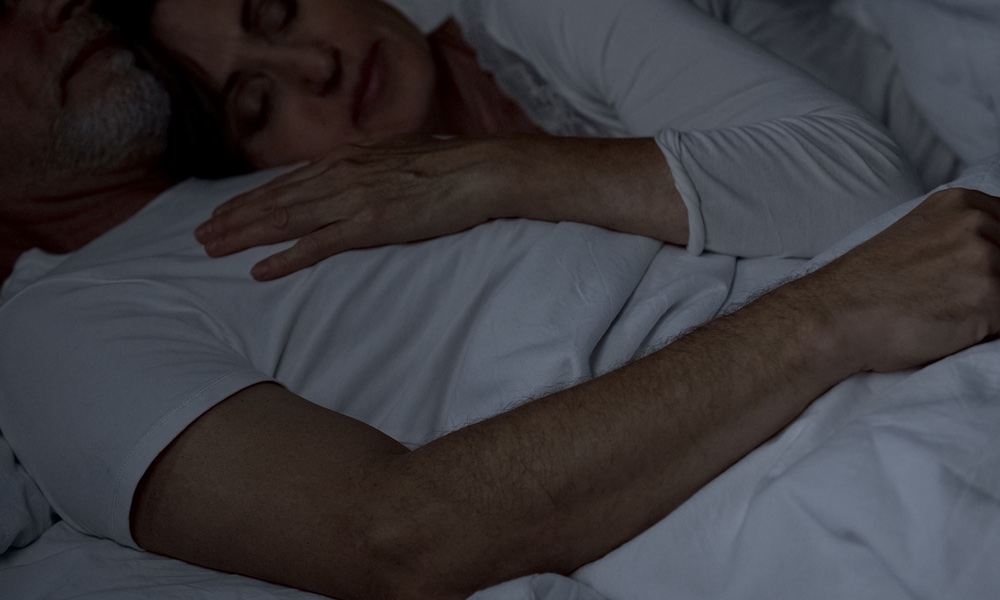A cancer diagnosis is a seriously distressing piece of news, particularly for those with advanced or terminal cancer. The mental fallout from this psychological stress means that patients spend their days feeling depressed and hopeless and are less likely to follow treatment guidelines that could give them time and make them more comfortable.
Recently, researchers at New York University and Johns Hopkins found that a single dose of psilocybin, an hallucinogenic compound found in certain types of mushrooms, relieved feelings of distress in depressed and anxious cancer patients for at least several months.
The findings represent a potential paradigm shift in the treatment of psychological distress in cancer patients, according to Roland Griffiths, a psychopharmacologist at Johns Hopkins University School of Medicine and one of the researchers. “Although participants were given psychotherapy along with psilocybin, it is really the hallucinogenic experience that is producing these enduring changes,” he said in a conference call with reporters.Psilocybin relieved anxiety and distress in 80 percent of the participants for more than six months.
Fifty-one patients in the Hopkins study received either a very low dose of psilocybin (1 or 3 mg/70 kg) or a very high dose (22 to 30 mg/70 kg) of the compound and then switched treatments after five weeks. The researchers found a high dose of psilocybin relieved feelings of depression and anxiety in 80 percent of study participants after six months.
In the NYU research, 29 patients with cancer-related anxiety and depression were randomly assigned to receive either a single dose of psilocybin (0.3 mg/kg) or 250 mg of the vitamin niacin, which simulates a “rush” like that of a hallucinogenic drug experience. After seven weeks, participants switched treatments. The NYU scientists found that psilocybin reduced anxiety and depression in approximately 60–80% of participants.
Few adverse events were reported in either study, and the results of the studies were impressive enough that experts in pain management, addiction and psychiatry contributed 11 editorials in support of the studies’ findings. Further, large-scale studies of psilocybin are planned.
Both the NYU and the Johns Hopkins studies were published in the Journal of Psychopharmacology.





